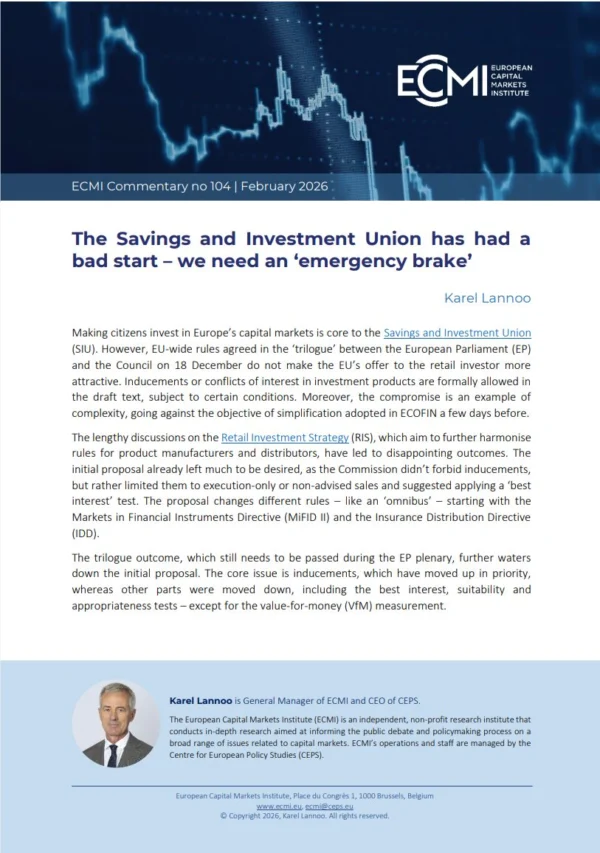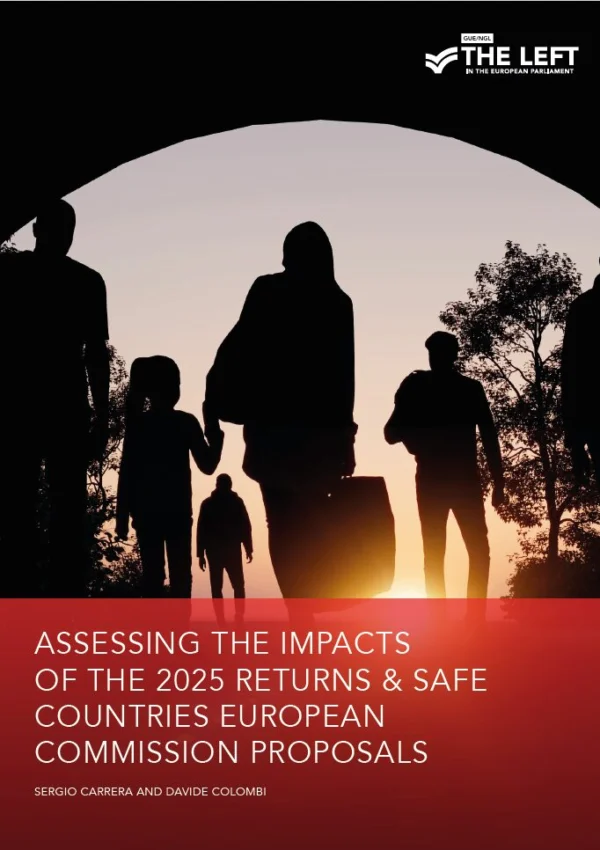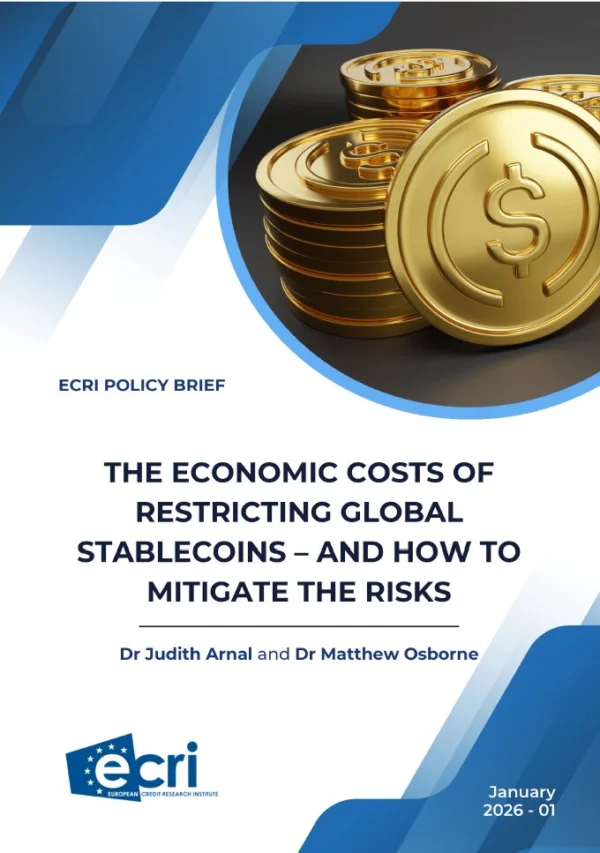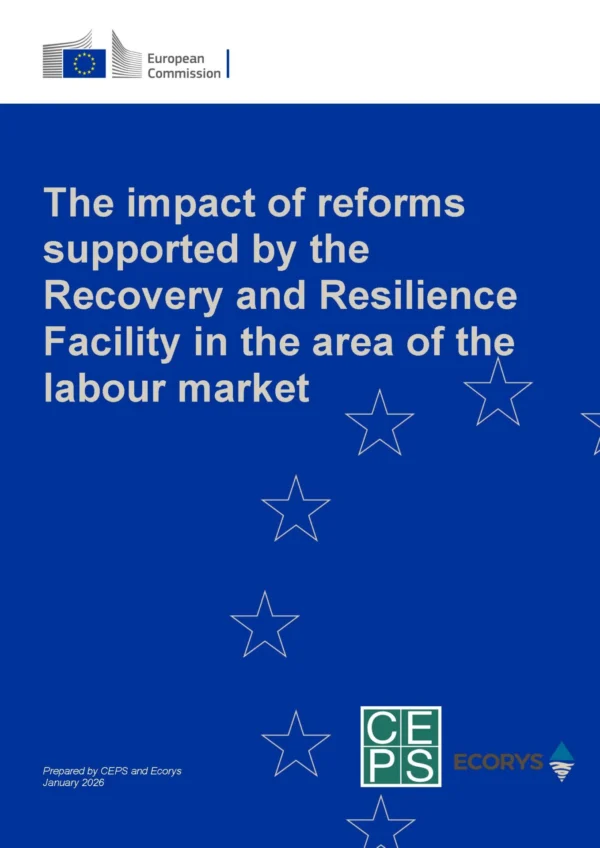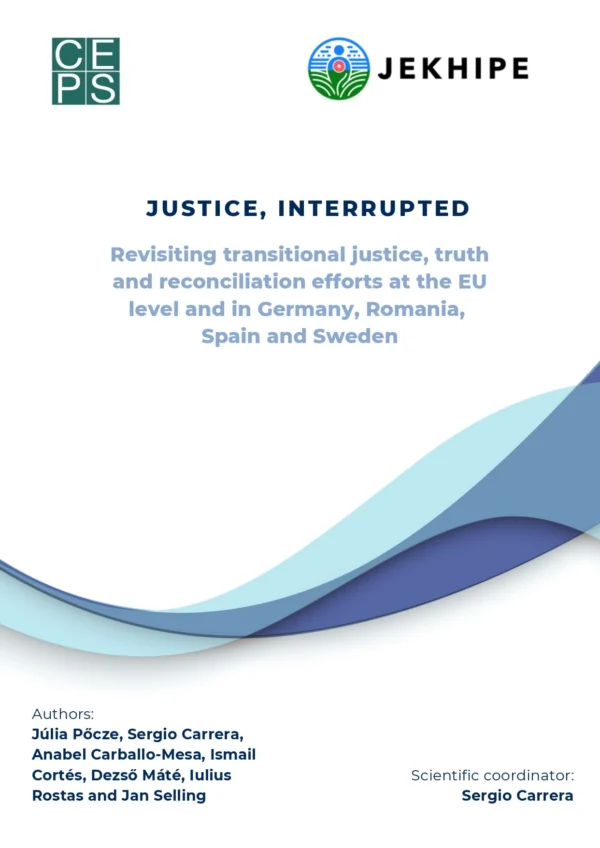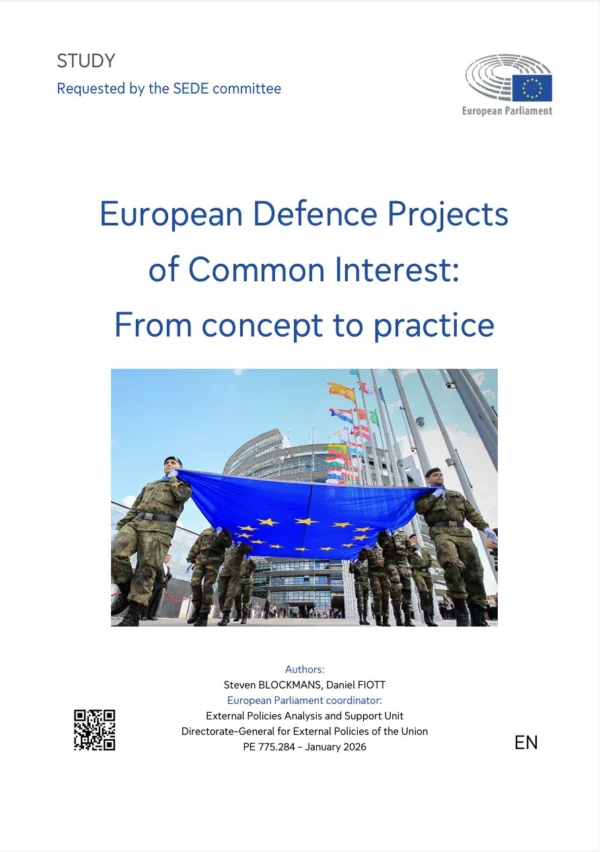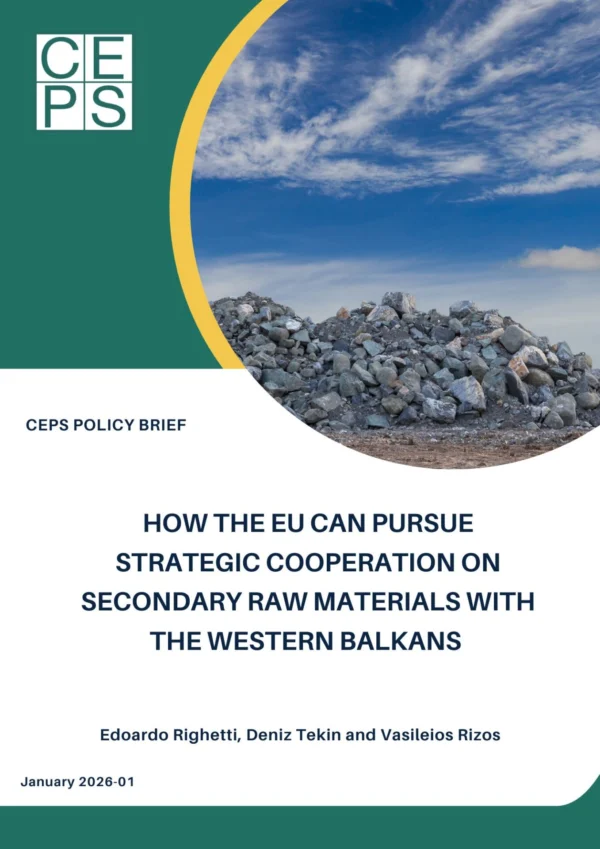The illiberal drive in Poland is gaining momentum and it seems that the tank commandeered by Jaros?aw Kaczy?ski, the leader of Prawo i Sprawiedliwo?? Party (Law and Justice sic!), will not be easily stopped. With the on-going assault on the country’s judiciary, the stakes are high. If the course of action is not altered, the EU will find itself at the end of the summer break with a member state whose law and justice are served not by independent courts but rather by a political party. The proposed reforms of the judiciary not only breach the Polish Constitution but they also manifestly violate the values of the European Union laid down in Art. 2 TEU.
Although the arsenal of weapons available to the EU is limited, it needs to deploy them to the fullest extent. Firstly, as soon as the new rules on the Supreme Court enter into force, expected to happen any day now, the European Commission should trigger Art. 7 TEU, which can lead to the suspension of Poland’s voting rights in the Council. Secondly, the EU should introduce political sanctions against the Polish authorities similar to those it imposed on Austria in the early 2000s. And thirdly, the European Commission should trigger infringement proceedings against Poland under Art. 258 TFEU on the grounds that the current reforms undermine trust in country’s judiciary, on which the principle of mutual recognition of judgments in civil and criminal matters is based.
First we take the government, then we take the courts
Within a space of a few weeks, the illiberal reforms in Poland have proceeded at a breath-taking pace. In what has become his trademark, Mr Kaczy?ski has orchestrated rapid approval of his legislative reforms without proper consultation, and overridden the opinion of the legal community. In equal measure, the concerns voiced by international actors, including the Council of Europe and the European Union, have fallen on the deaf ears of the de facto Polish leader and his followers. The current reforms target three laws governing the functioning of courts, the Council of Judiciary and the Supreme Court. The first two have already been approved and are now awaiting the final clearance by the Polish President, Andrzej Duda. The third reform is in the pipeline, but the majority position of the PiS in Parliament almost guarantees its approval by the next week. In a nutshell, the new laws undermine the independence of the judiciary, for instance, by shifting responsibility for approving key appointments to either the Parliament or the Minister of Justice.
By the same token, the reforms blur the boundaries between the executive, the legislature and the judiciary. The most extreme case is the fate that may await the Supreme Court, which not only sits at the apex of the Polish judiciary but also decides on the validity of elections. If the law under debate enters into force in its current form, the entire bench of the Supreme Court will be dismissed and the Minister of Justice will be empowered to reappoint or appoint new justices to his liking. And even if this prerogative is eventually vested in the National Council of Judiciary (as the Polish President has requested), not much will change as, in accordance with the newly adopted rules, the Council itself has lost its independence and will be subjected to political influence. The legal community agrees that the reform of the judiciary is needed but, at the same time, it has little doubt that the reforms currently pushed by PiS flagrantly breach the Polish Constitution.
In institutional terms, however, there is no body left in Poland to protect its Constitution. Firstly, the Polish President has already proven his loyalty to the version of law and justice preferred by Mr Kaczy?ski, not the one encapsulated in the Polish Constitution. There is little doubt that the President will quickly sign off on any new bills sent his way. Secondly, the Constitutional Tribunal, which had been the first target in the firing line, is now largely composed of Kaczy?ski loyalists, who can be counted upon to bend in all kinds of ways to find that the illiberal legislative agenda falls within the parameters of the Polish Constitution.
One should not forget, however, that these reforms also breach Art. 2 TEU and the values on which the European Union is based. They have been written down to be respected, not to be ignored. The question is how they can be defended at this critical juncture. The way in which the EU has deployed its weaponry so far is a paradox. It may order hefty penalties for a member state that fails to enforce EU regulations on the size of the cages provided egg-laying hens, but it remains paralysed in the face of flagrant violations by a member state of the rule of law and the complete dismantling of the judiciary’s independence.
Art. 7 TEU and political sanctions
Perhaps it was never intended to be used, but Art. 7 was designed precisely to address situations like the one unfolding in Poland. As a starting point, the article should be de-mythologised. It is not a nuclear button, as frequently portrayed in the public discourse. It is a procedural tool that should be used if the values on which the EU is based are flagrantly ignored by one or more member states. The European Commission has taken many steps specified under the pre-Art. 7 rule-of-law mechanism. Its actions have either been ignored by the Polish authorities or rebuked in a high-handed diplomatic tone that leaves much to be desired. The message coming from Warsaw has been consistent and clear: the Polish government will gladly accept cheques coming from Brussels but will not tolerate any criticism of its illiberal reforms.
The time has come for the EU to trigger Art. 7 TEU. Since it is politically unfathomable that such a move would receive the requisite support of 1/3 of the member states, the decision must be taken by the European Parliament or the European Commission. The latter took stock of the situation in Poland in its weekly meeting on July 19th and will return to the subject in the coming weeks. Either way, the message must be clear and communicated quickly. A letter of protest prepared earlier this week by five EP political groupings is important, but one should not have any illusions that it will change anything. Mr Kaczy?ski is not susceptible to the language of diplomacy and such expressions of concern are unlikely to impress him. More powerful weapons need to be deployed. According to a statement issued by Vice President Frans Timmermans on July 19th, the Commission is “very close” to triggering Article 7 TEU.
Once Art. 7 TEU is activated, the situation would ultimately make its way onto the agenda of the Council. This would give it some leverage and allow it to conclude, by 4/5 majority and with the consent of the European Parliament, that there is a clear risk of serious breach of Art. 2 TEU. But this move would be short of suspending the voting rights of Poland, for that would require the European Council to act unanimously (having obtained consent of the EP) to to pave the way for a decision of the Council (by qualified majority). The decision of the European Council would surely be blocked by Hungary. The act of simply triggering Art. 7 would be worthwhile, however, as it would put additional pressure on Mr Kaczy?ski and his government. The political isolation of Poland’s ministers should follow along the lines of the sanctions imposed earlier on Austria. This step should be taken despite the risk that it may be used to fuel anti-EU sentiment promulgated by the ruling party, its followers and propaganda outlets. The PiS’ version of reality could be balanced by private media, which for the time being at least remain free to present their own narrative, and one that conflicts directly with that voiced by Kaczy?ski. Although it may cause damage in the short term, it may ultimately bear fruit as some supporters of the current regime begin to appreciate the negative consequences of the policies being pursued. The European Commission should also seek recourse to its standard tool set, namely infringement proceedings.
The perilous route to infringement proceedings
It is easy to trigger Art. 258 TFEU when a member state is in breach of EU law proper, but, as many lawyers argue, it is not fit for purpose in rule-of-law cases. As is well known, the competences of the European Union do not encompass such matters as the set-up or functioning of a domestic judiciary. Dismantling the independence of courts, however, undermines, for instance, one of the fundamental principles on which Area of Freedom, Security and Justice is based, i.e. the principle of mutual recognition, which in turn is based on mutual trust in the legal system and independence of the enforcement authorities of other member states. The flagship instrument of EU criminal law – the European Arrest Warrant – draws its authority precisely from those principles.
Under the circumstances, a perfectly valid question emerges: Why should national courts throughout the EU trust their Polish counterparts if the general prosecutor is, at the same time, a minister of justice, and the Polish judges are likely to be political appointees? If the proposed law on the Supreme Court enters into force, it would bring an end to the tripartite division of power between the legislature, the executive and the judiciary, thereby undermining not only the functioning of EU criminal law but also EU law at large. Such perversion of justice would breach not only Art. 2 but also the principle of loyal co-operation (Article 4.2 TEU), the right to effective remedy laid down in Art. 47 of the Charter of Fundamental Rights and, last but not least, the secondary legislation giving effect to the principle of mutual recognition in civil and criminal matters. Surely, such developments would warrant the start of infringement proceedings before the Court of Justice of the European Union.
The fear is that Mr Kaczy?ski will not stop there. If he follows in the footsteps of his Hungarian counterpart, Viktor Orbán, the next target in his firing line will be NGOs and the private media. Here, too, the European Commission will be called upon to act. As long as such acts breach EU law proper, the European Commission will have adequate ammunition to use and it should be ready to do so. The situation has simply gone too far and it is clear that the Polish authorities are not responsive to gentle persuasion. And it does not help that while both the Polish Prime Minister and the President may hold national offices, neither wields power. The EU institutions are simply interacting with the wrong people. But this should not stop the European Commission from acting quickly and robustly within the set of powers in its possession.
Conclusions
The rule of law has under assault in Poland for almost two years. Step by step, the regime of Mr Kaczy?ski has demolished the Constitutional Tribunal, the civil service and the public media. He has now set his sights on the judiciary, including the Supreme Court. If the proposed reform goes through, Poland will no longer have independent courts that would be impervious to political influence. They will, in fact, become important tools in the power grab Mr Kaczy?ski has been orchestrating since his party won the elections in 2015.
The European Union needs to ask itself the existential question whether it can afford to have among its members a country that does not respect the fundamental values laid down in Art. 2 TEU and, by the same token, no longer complies with the fundamental criteria for membership. The methodology employed thus far to bring a halt to this danse macabre has spectacularly failed; the time has come for serious action. At the present time, there is no formal mechanism to suspend the transfer of funds from the EU budget to the Polish authorities, but it is under consideration for the next Multiannual Financial Framework and should be pursued in earnest.
But for now, Art. 7 TEU and infringement proceedings are ready to be utilised. Political isolation should follow.
Adam ?azowski is Professor at Westminster Law School, University of Westminster, London.
CEPS Commentaries offer concise, policy-oriented insights into topical issues in European affairs. As an institution, CEPS takes no official position on questions of EU policy. The views expressed are attributable only to the authors and not to any institution with which he is associated.
© CEPS 2017



